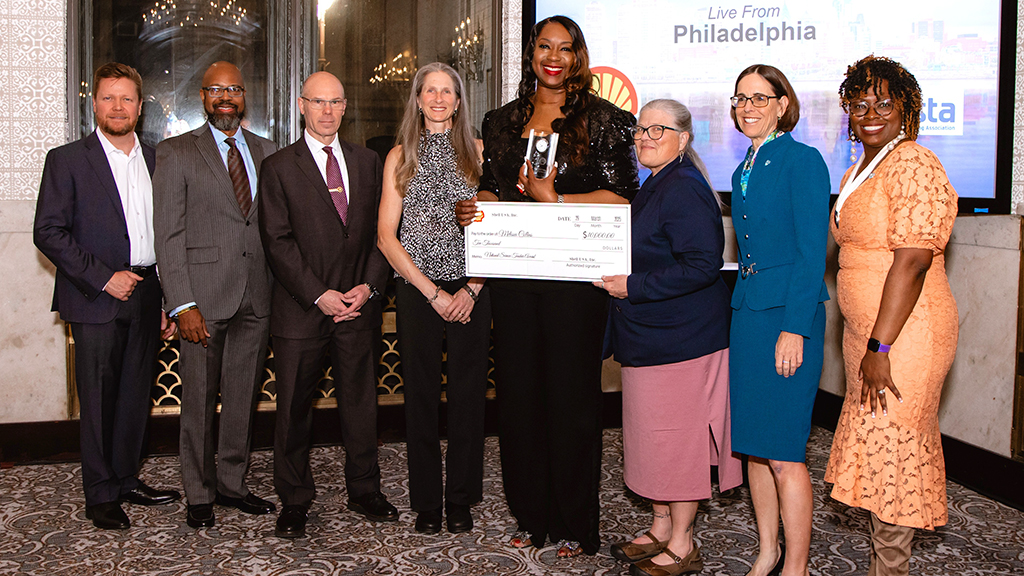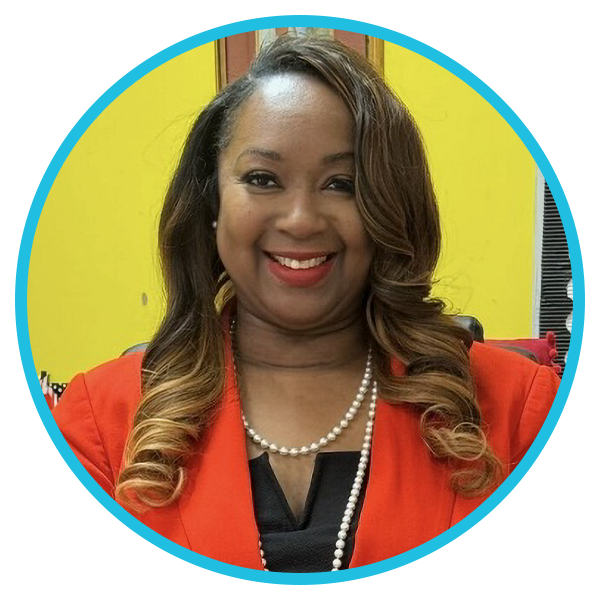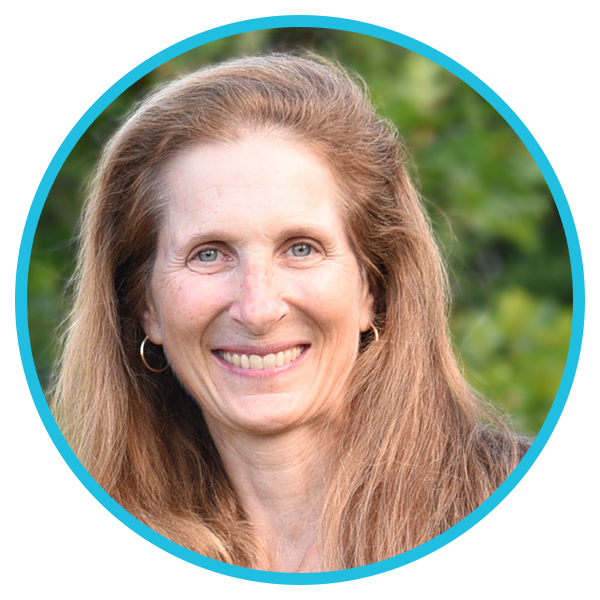2025 Winners
Science Teaching Award


Melissa Collins
Elementary Science Teacher
John P. Freeman Elementary School
Memphis, TN
Melissa Collins’s philosophy is centered around preparing young minds to dream. Her classroom focuses on the 4 Es: Expose, Engage, and Experience equals future Employment, which will shift the social mobility of her community and the world. She believes in instilling a growth mindset in students, helping them see the value they can contribute to their communities. Collins encourages students to pursue a career in STEM by introducing them to professionals who work in the field. Students explore different areas of STEM by interacting with experts and conducting research focusing on experts who look like them. They experience STEM through hands-on learning, competitions, and field visits within and beyond their communities. Collins believes students must ask why and explore their curiosity, and she encourages imaginative play to help boost students' interest and creativity in STEM. Collins also fosters streamlined partnerships with K–12 schools, post-secondary institutions, and industry partners. She has hosted STEM Fest, Carnival Physical, and STEM panels for the entire school community.

Mary Lynn Hess
Science Teacher
Goldsboro Elementary Magnet School
Sanford, FL
As a daughter of a hard-working farming mother and father, Mary Lynn Hess learned very early in life there is no substitute for hard work, determination, and knowledge. Hess is driven to transform her classroom into an inspiring environment where curiosity, imagination, and innovative thinking thrive. In her classroom students feel safe, encouraged, excited to support one another, and celebrate each other’s successes. She fosters interactive learning, where students actively engage in collective knowledge building where she guides these collaborative exchanges by structuring discussions, posing thought-provoking questions, and interlinking new concepts with previously acquired knowledge. Her overarching philosophy is to cultivate a spirit of innovation through her enthusiastic role as a leader. She is committed to continual improvement as an educator and active member with NSTA for the past 20 years, serving on the Early Childhood Elementary Science Teaching Committee, and attending conferences. Furthermore, she contributed to the Next Generation Science Standards, the National Science Education Standards, and the Florida State Science Standards developing interdisciplinary curriculum materials, creating hands-on/minds-on learning experiences, and promoting scientific inquiry that aligns with these frameworks. Her commitment to the teaching profession and dedication has elevated her science expertise to new heights, opening doors to fresh ideas that will benefit her personally and professionally.

Kenneth Huff
Science Teacher
Williamsville Mill Middle School
Williamsville, NY
Kenneth Huff leverages the resources all students bring to the classroom to help them connect with science content and contribute to the classroom community. Huff developed a deep engagement structure that leads to stronger conceptual understanding of science content. Through this structure students experience greater joy and interest in science learning, which helps them envision themselves as science learners and future scientists. Students carry out science investigations that integrate science and engineering practices, crosscutting concepts, and disciplinary core ideas and that mirror the open-ended investigations of real-world scientists. Students get excited about these investigations because they gain experience designing creative solutions to problems that impact their lives and communities and use cutting-edge technology and instruments that engineers use. Huff uses formative assessments that enable him to gauge students’ developing understanding and to guide and advance their learning. Investigations that Huff developed and uses in his instruction are research based and focus on sensemaking and consider the diverse backgrounds and abilities of students. By actively bridging students’ everyday experiences in their communities with science investigations and engineering design, students’ sense of mastery and belonging in science is cultivated. Through professional development, independent study, and collaborative work with fellow science educators, Huff stays abreast of contemporary research in science teaching and learning. He continues to share his resources and approaches with others in the science education community nationally and abroad.

